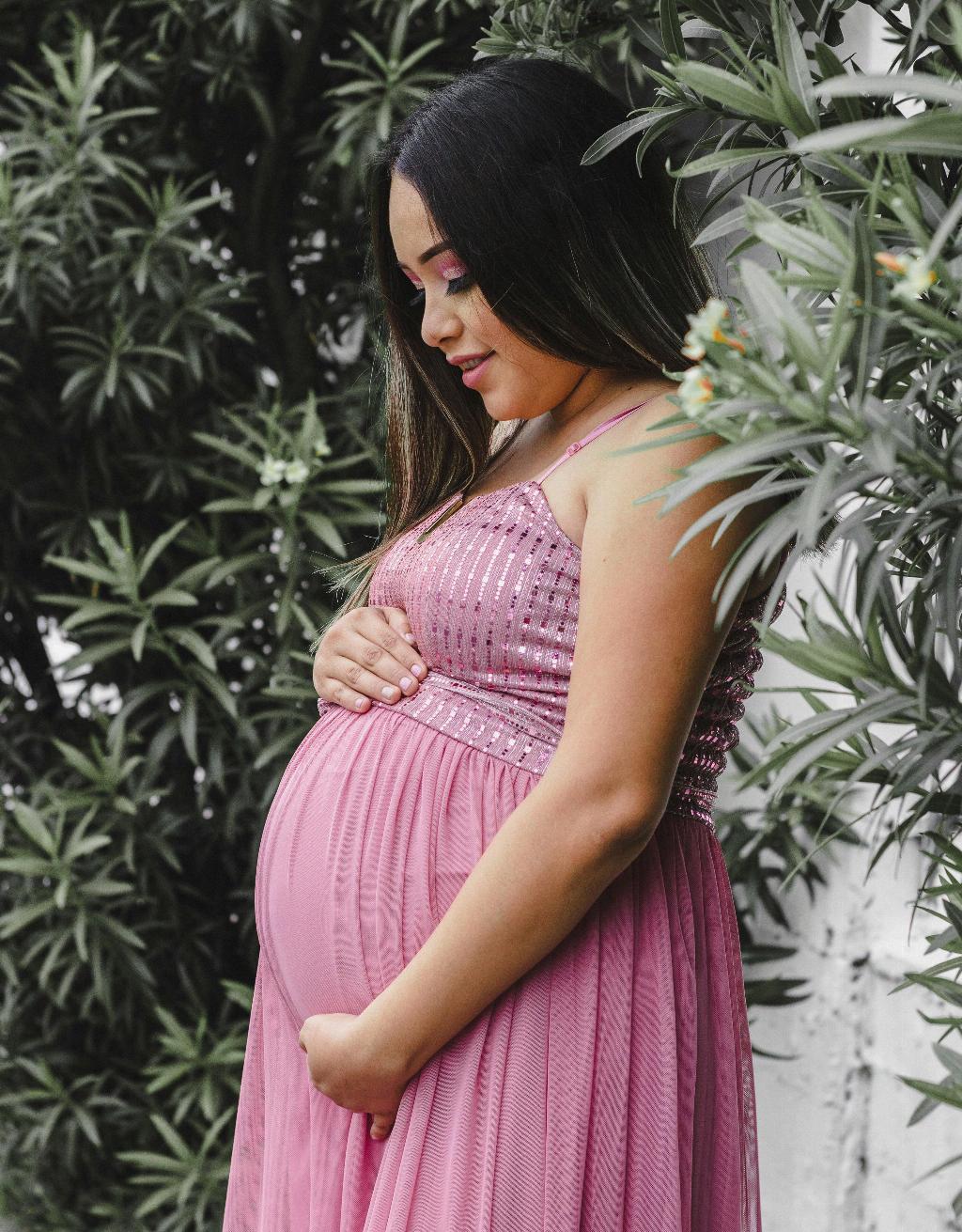Being pregnant with twins may bring a unique set of experiences during the first trimester that can differ from a singleton pregnancy. One significant aspect that stands out is the intensification of common pregnancy symptoms. These include fatigue, nausea, and breast tenderness, which tend to be more pronounced in women carrying twins.
Given the higher level of hormones circulating in the body during a twin pregnancy, it’s common for expectant mothers of twins to feel exceptionally fatigued during the first trimester. This fatigue can be overwhelming at times, making it crucial for women to listen to their bodies and rest adequately.
Nausea, often referred to as morning sickness, can also be amplified in women carrying twins. The queasiness and vomiting that accompany this symptom may be more persistent and severe, potentially impacting day-to-day activities. Finding ways to manage nausea, such as eating small, frequent meals and staying hydrated, can help alleviate discomfort.
Another prevalent first-trimester symptom, breast tenderness, can be heightened in twin pregnancies. The hormonal changes that occur when expecting twins can lead to increased sensitivity and soreness in the breasts. Wearing a well-fitted supportive bra and using warm compresses may offer some relief.
Weight gain is another noticeable aspect during the first trimester of a twin pregnancy. Expectant mothers of twins typically gain weight more rapidly than those carrying a single baby. This accelerated weight gain, combined with the presence of two growing babies, often results in an earlier visible baby bump.
The emotional rollercoaster that comes with pregnancy can be magnified when expecting twins. Feelings of excitement, apprehension, joy, and fear may intermingle, creating a whirlwind of emotions. Connecting with other mothers of twins or joining support groups can provide comfort and reassurance during this period.
The increased demands on the body when pregnant with twins may lead to heightened stress levels for some women. Managing stress through relaxation techniques, gentle exercise, and open communication with healthcare providers can be beneficial in promoting overall well-being during the first trimester.
Aside from the physical and emotional changes, the practical aspects of preparing for twins can also come into focus during the first trimester. This may include setting up the nursery, researching twin-specific baby gear, and adjusting to the idea of welcoming two new additions to the family.
It’s essential for women expecting twins to prioritize self-care and listen to their bodies throughout the first trimester. Staying well-nourished, staying hydrated, getting sufficient rest, and seeking support when needed can contribute to a smoother pregnancy experience.
As the first trimester progresses, expectant mothers of twins may find themselves adapting to the unique challenges and joys that come with carrying two babies. Embracing the journey, staying informed about twin pregnancy, and seeking guidance from healthcare providers can help navigate this exciting yet demanding period.
In conclusion, the first trimester with twins can be a physically and emotionally intense time for expectant mothers. By acknowledging and addressing the unique symptoms and considerations that come with a twin pregnancy, women can optimize their well-being and prepare for the arrival of their double bundle of joy.

